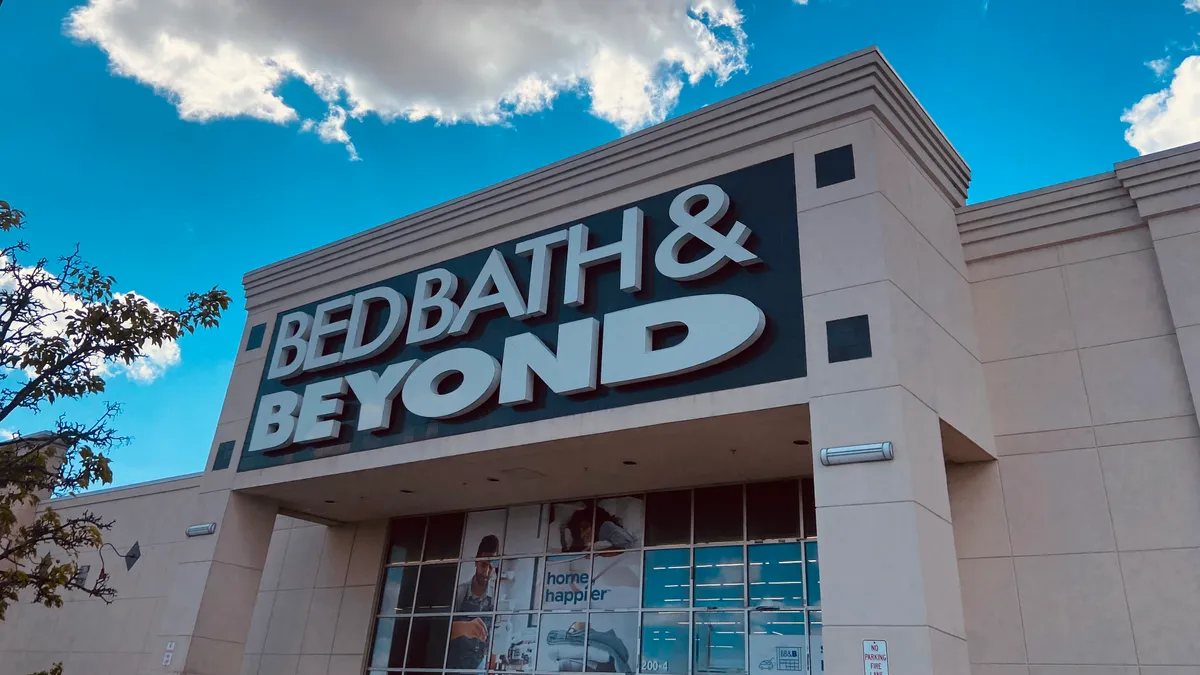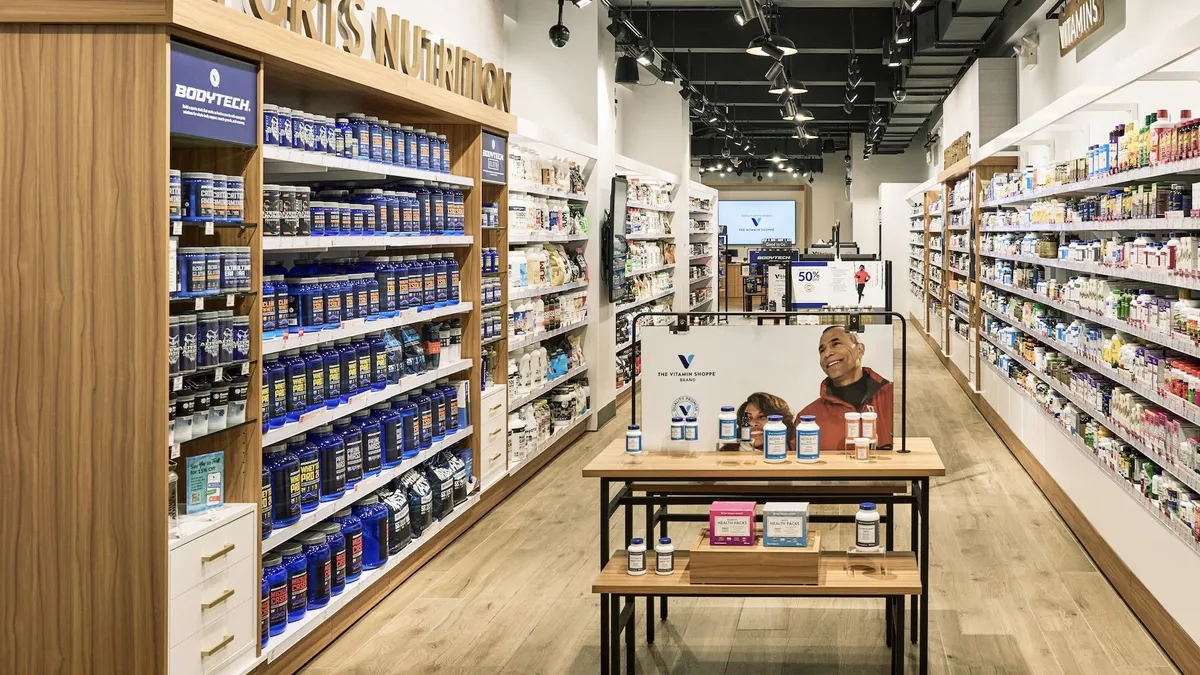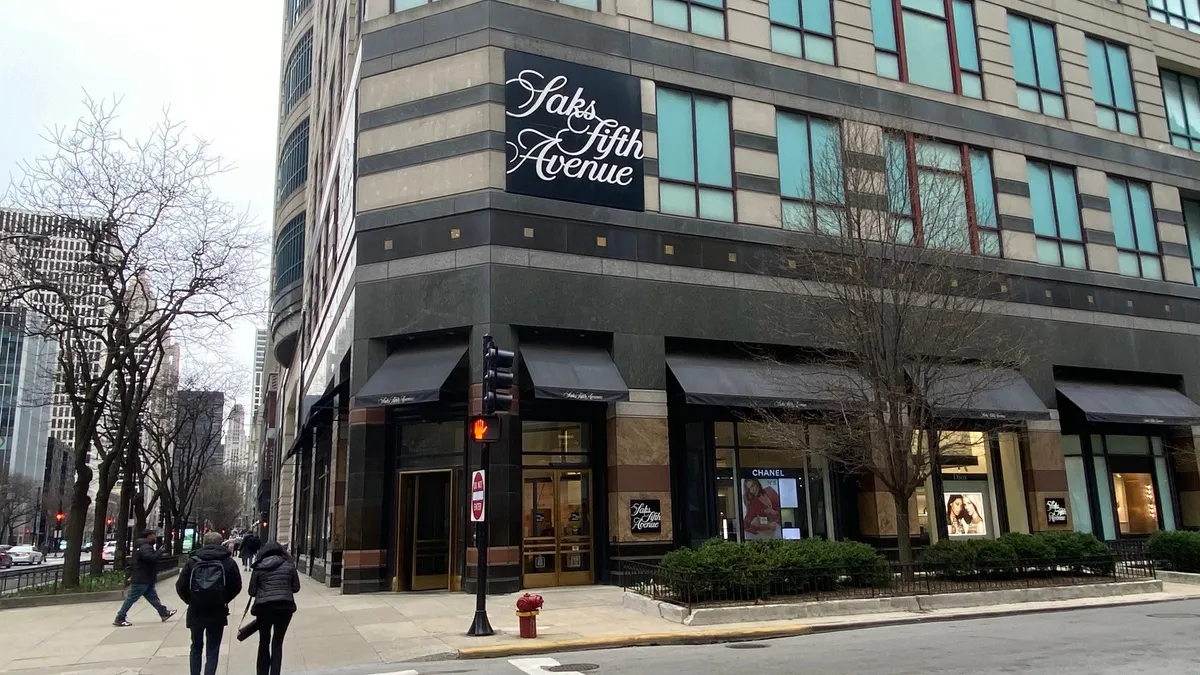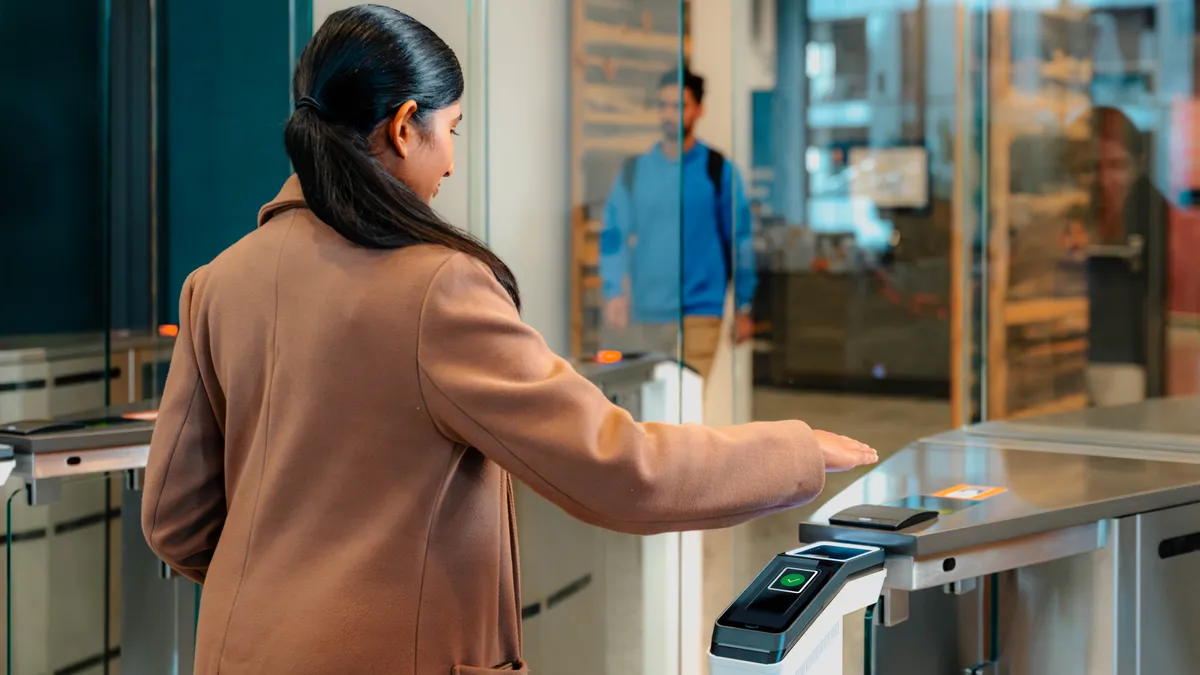It's reportedly only a matter of time before Google signs the lease on its first permanent brick-and-mortar store. Last week, unnamed sources told The Chicago Tribune that the tech giant was mulling a two-level 14,000 square foot space in the city's meatpacking district.
While Google hasn't responded to Retail Dive's request for information, nor has it spoken publicly to other publications, retail insiders aren't holding back speculation over what a move into physical retail could mean for Google. In the past, the company has experimented with pop-up shops and other store-in-store concepts, but a commitment to a physical store of its own will make a brick-and-mortar strategy critical. Just what exactly that will look like has yet to be seen.
On the topic, the discussion forum RetailWire asked its BrainTrust panel of retail experts the following questions:
-
What kind of brick-and-mortar strategy, if any, makes the most sense for Google to support its hardware lineup?
-
What lessons should Google take from pushes by Apple and Amazon into physical retail?
Here are eight of the most provocative and insightful comments from the discussion. Comments have been edited by Retail Dive for length and clarity.
1. The future is 'phygital'
Chris Petersen, PhD, President, Integrated Marketing Solutions: Like everyone else, Google realizes that the future is "phygital," a blend of physical and digital. Google certainly needs to showcase and create an experience for its hardware before it loses more ground to Apple.
However, the last thing Google needs is a lower grade Apple-like store focused only on its hardware. Google needs to strategically partner with key marketplace vendors to showcase Google solutions for the home and lifestyle. If Google is going physical, it has to demonstrate everyday customer relevance beyond just "search."
2. This makes a little, not a lot, of sense
Tom Dougherty, President and CEO, Stealing Share: If Google continues to create more devices then it might make a little sense. But not a lot of sense. However, the world is fast moving away from brick-and-mortar. Apple opened its stores in a different era. I'm not convinced that model would be nearly as successful if they were launching them now.
The real challenge for Google is to find ways to make their brand more coveted without the expense of physical footprints. It's the future.
If anyone can figure it out it will be Google. Opening retail stores sounds a bit like advice from traditional marketers. And much of the conventional wisdom is too conventional for today's shoppers.
3. Give Home the spotlight it needs
Cate Trotter, Head of Trends, Insider Trends: I wonder if a major driving factor is to introduce customers to the Google Home set-up and push back against the Echo. It's a really interesting thing because Amazon doesn't have physical stores, but consumers are used to going to it for shopping — it is a retailer.
Google isn't a retailer. Its products are really digital services, but it's looking at physical space to put the products enabled by those services in front of customers. Lots to unpack in the thinking. I also think the location is an interesting choice being so close to Google's area HQ. I wonder if there will be any cross-over/collaboration between them whether that's for consumers or for staff. There's definitely room for the store to target business customers, as Amazon has done in past pop-ups, as well as general consumers.
4. We'll be watching you
Cathy Hotka, Principal, Cathy Hotka & Associates: The bar is set really high for this; people will expect the most compelling, engaging, modern experience possible. You can bet that others will be watching this rollout carefully, with an eye toward copying the elements that work best.
5. Google needs something 'sexy'
James Tenser, Principal, VSN Strategies: Google's hardware range is expanding, and with it the need to enable consumers to interact with its products. Showcase stores are a good idea, and the company would do well to use them to define its own brand identity.
This may be best accomplished by elevating a unique hardware product to "legendary" status. The Pixel 2 mobile phone comes close, but the Chromebook is kind of a lightweight. Google Glass hasn't set the world on fire yet either. Something sexy is needed.
Using physical stores to demonstrate its product "ecosystem" may be a promising strategy. To do so, it would need to staff them with highly competent product advisers, and build hands-on experiences into the store concept.
6. Do what Amazon did: Buy your physical footprint
Ken Morris, Principal, Boston Retail Partners: Physical stores make perfect sense to showcase Amazon's current portfolio of tech products. It seems like a smaller footprint than 14,000 sq ft would make more sense, however, maybe they will lease some of the space to brands that are selling innovative products on Google Marketplace. Eventually, I expect Google to follow the lead of Amazon and expand its product portfolio significantly by adding private label brands of multiple product categories beyond technology.
I saw the barge idea in Portland and that was an ill-fated idea. Maybe acquiring a retailer with stores in key markets as a way to accelerate its physical presence — just like Amazon acquiring Whole Foods would be a better approach.
7. Follow the Apple way
Charles Dimov, Vice President of Marketing, OrderDynamics: Google should definitely follow the Apple model for its own goods. Showcase stores make sense for them. See it, and buy the limited quantities in-store or submit your online order right then and there.
They may also want to consider a section of the store (clearly delineated) to be more of a market bazaar atmosphere. Here retailers on the Google online marketplace can pay a fee to have their products showcased in the physical store. Following the same minimalist and future-focused brand, cherry pick the coolest and best technology products for the in-store merchandise lineup.
8. Well played, Google
Lauren Goldberg, Principal, LSG Marketing Solutions: Smart move for Google. A showroom-type store could work for them, but Apple has set the bar pretty high, not just on design but on service. They need to invest in a strong operations/service model with knowledgeable associates for this to work. In the technology space, part of the appeal of physical retail is the ability to experience and touch a product, but I believe a bigger part is to get assistance and support.
I like the idea that others have mentioned to showcase products from the Google marketplace. Another thing they could do to differentiate themselves is to have part of the store focus on their services, especially for small business owners.





















